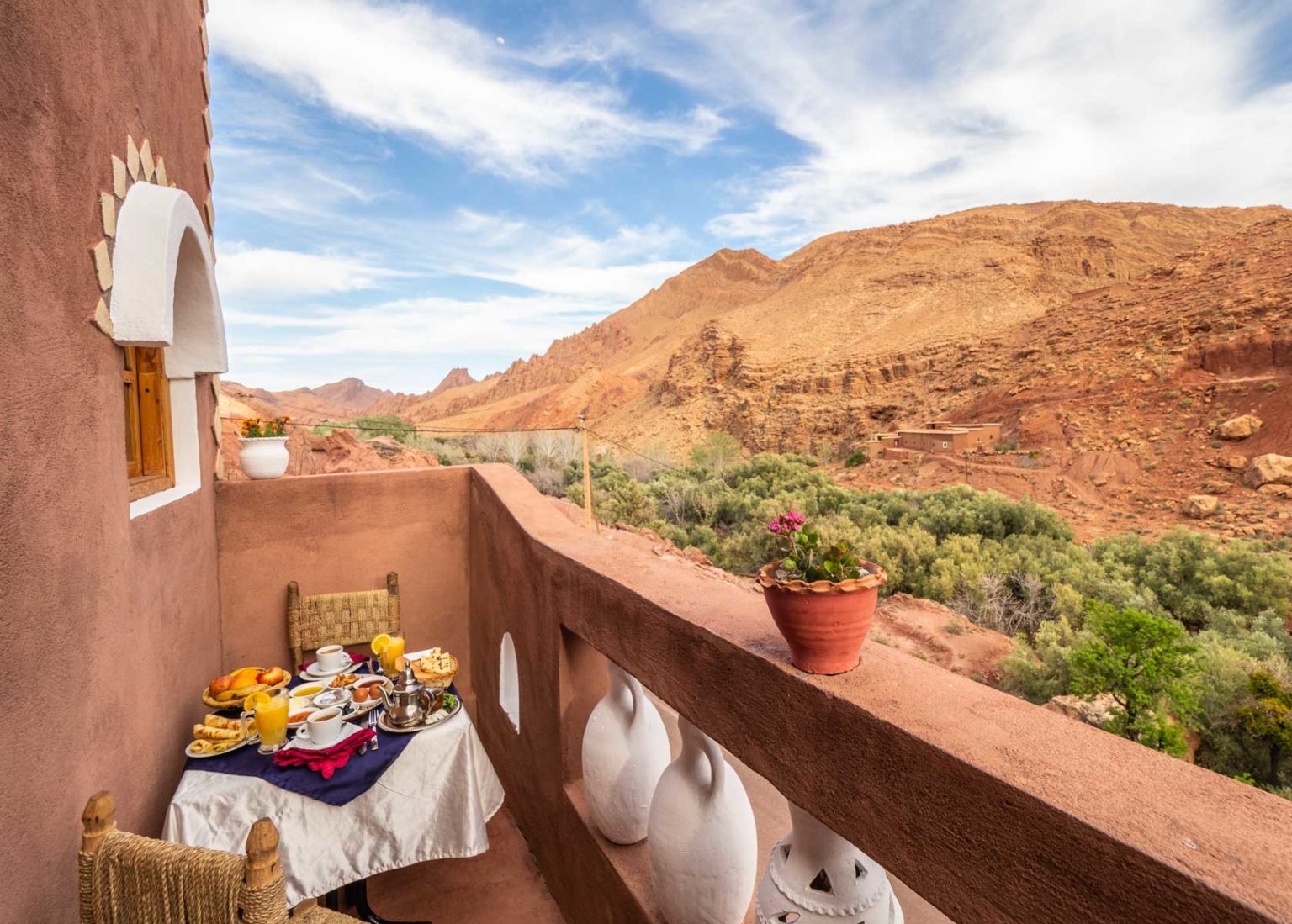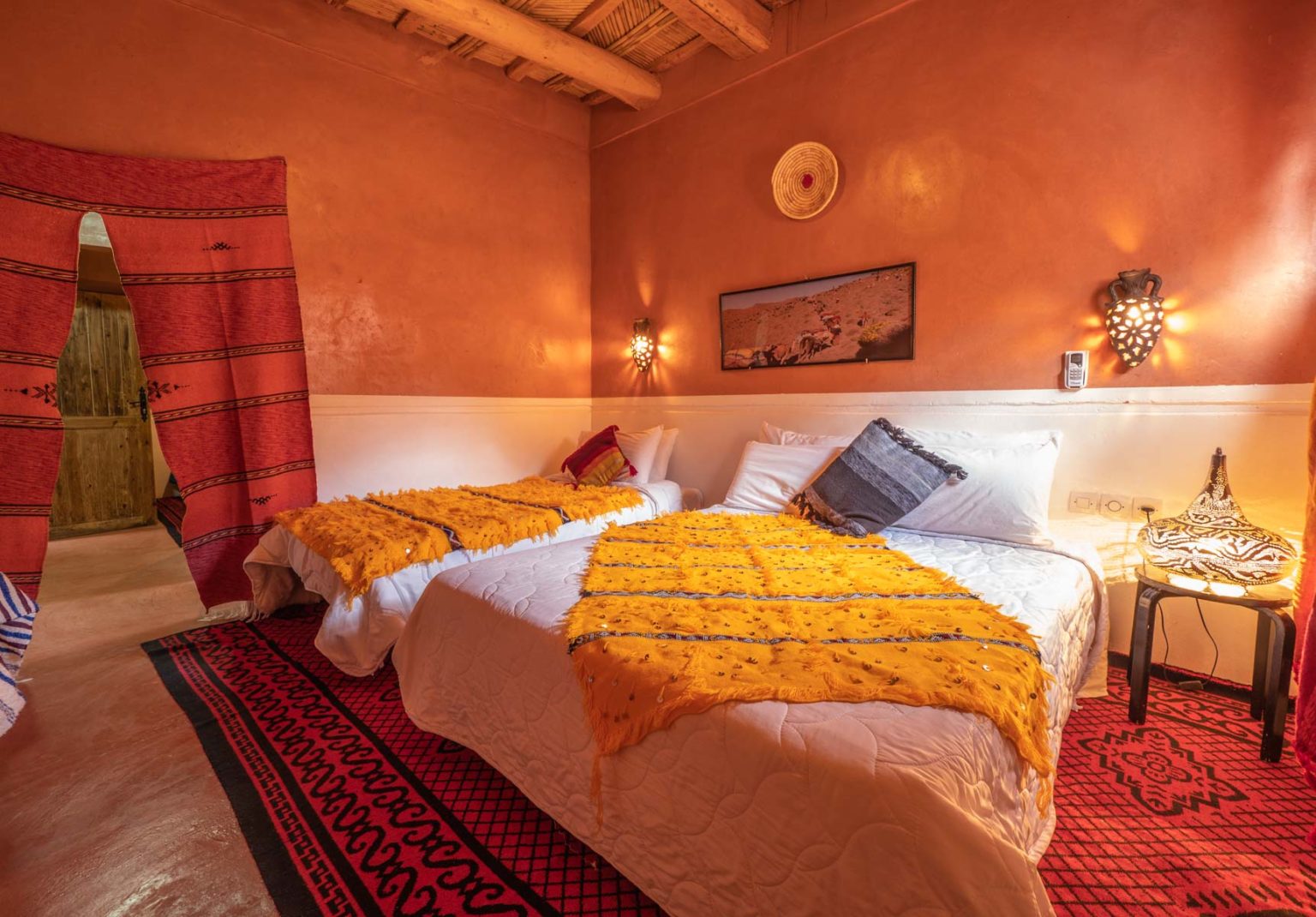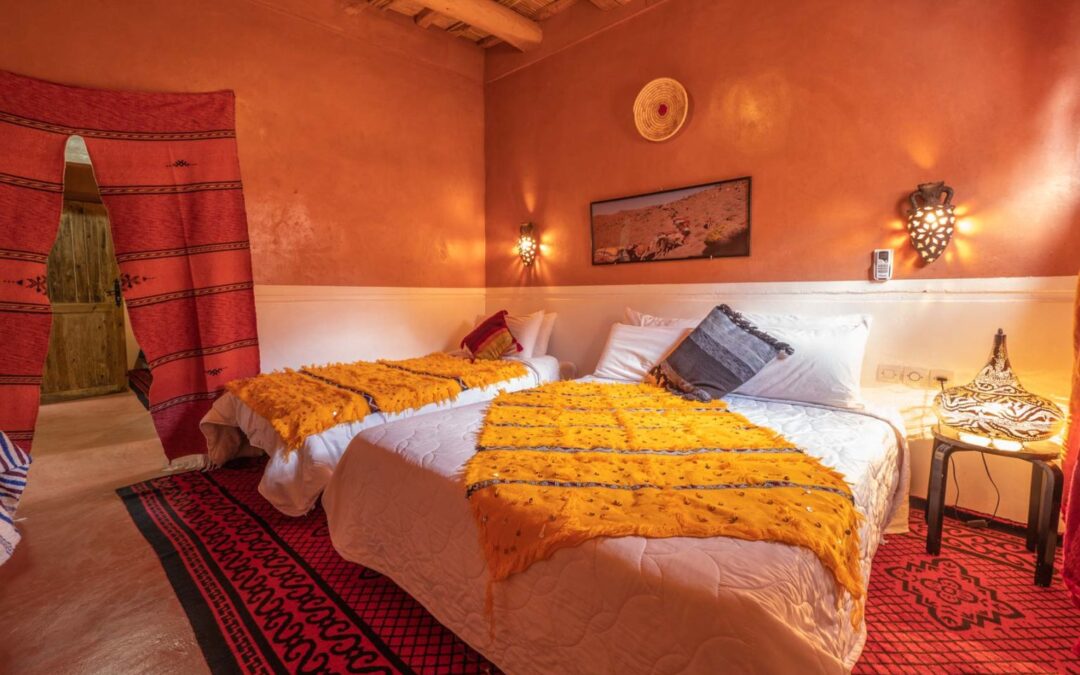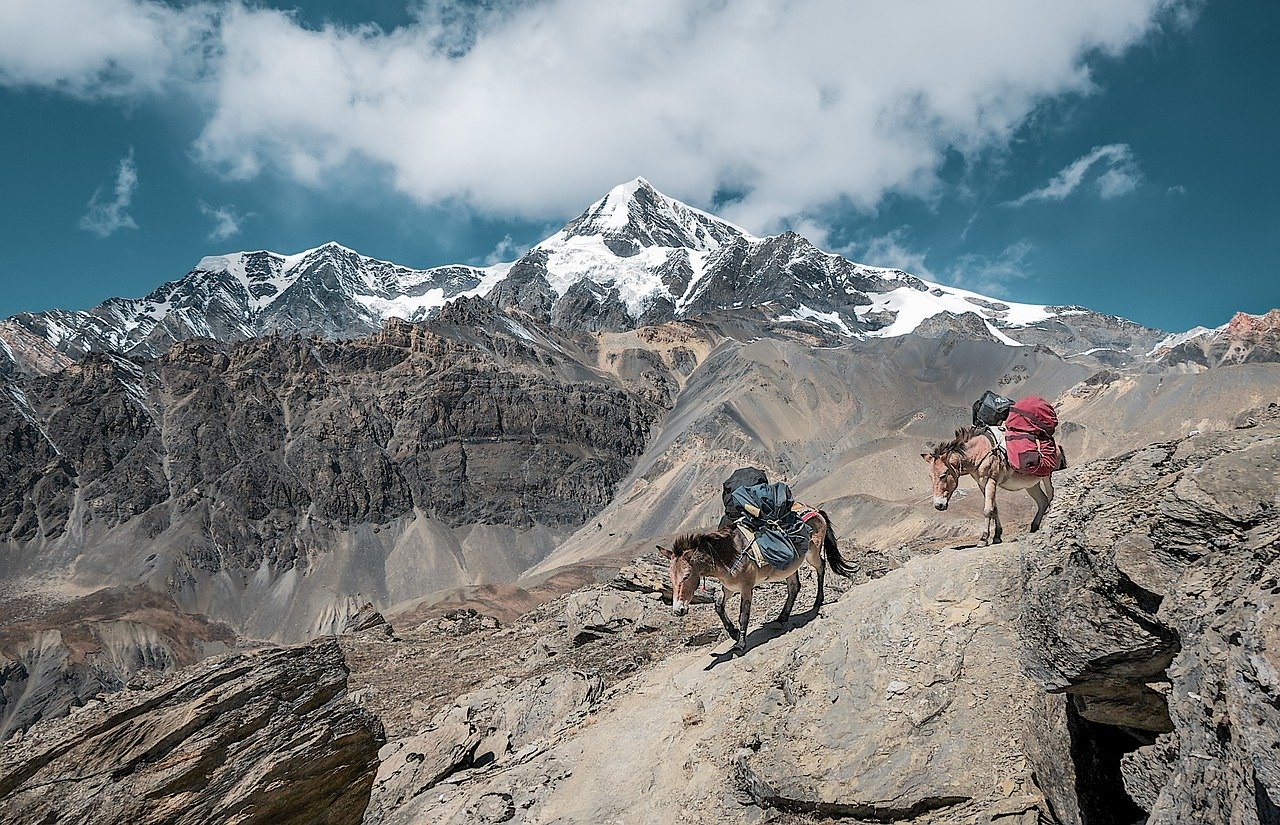
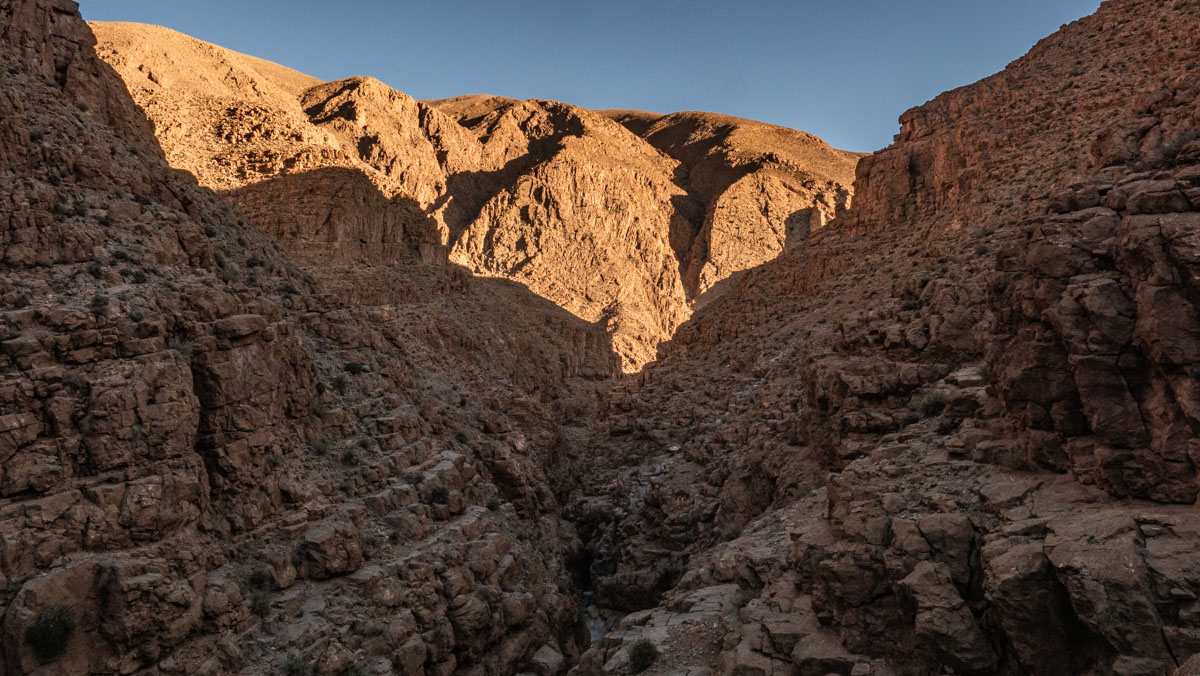
The Role of Family and Community in Berber Society
Introduction
The Berber society, known for its rich cultural heritage and strong community ties, places a significant emphasis on the roles of family and community in daily life. This article explores how these elements shape the social fabric of Berber society, with a particular focus on the community of Auberge Atlas Dades in Morocco.
Family Structure
In Berber society, the family unit is considered the cornerstone of social organization. Families are typically large and extended, with multiple generations living together under one roof. Respect for elders and ancestors is deeply ingrained in Berber culture, and family members are expected to support and care for one another through thick and thin.
Community Bonds
Beyond the family, the wider community plays a crucial role in the lives of Berber people. Villages and towns are tightly knit, with neighbors looking out for one another and offering assistance when needed. Collective responsibility is a core value in Berber communities, where individuals come together to solve problems and celebrate achievements as a group.
Traditions and Customs
Many Berber traditions and customs revolve around family and community. Festivals, such as the Amazigh New Year celebration of Yennayer, are occasions for families and neighbors to come together, share meals, and participate in cultural activities. Music and dance are integral parts of these gatherings, fostering a sense of unity and belonging.
Gender Roles
Gender roles in Berber society are often defined by traditional norms, with men typically responsible for activities such as farming and herding, while women manage the household and care for children. However, these roles are evolving, and women are increasingly taking on leadership positions in both family and community settings.
Auberge Atlas Dades
Located in the stunning Dades Valley of Morocco, Auberge Atlas Dades is a guesthouse that embodies the spirit of Berber hospitality. Run by a local family, the auberge offers visitors a glimpse into traditional Berber life, with warm welcomes, delicious homemade meals, and guided tours of the surrounding landscapes.
Impact of Tourism
Tourism has brought both opportunities and challenges to Berber communities like Auberge Atlas Dades. While it has provided a source of income and cultural exchange, it has also led to changes in traditional ways of life. Balancing the preservation of heritage with the demands of modernity is an ongoing concern for many Berber families and communities.
Conclusion
In conclusion, the roles of family and community are paramount in Berber society, shaping the values, traditions, and daily interactions of its members. Places like Auberge Atlas Dades offer a window into this vibrant culture, where hospitality, solidarity, and resilience are cherished virtues.

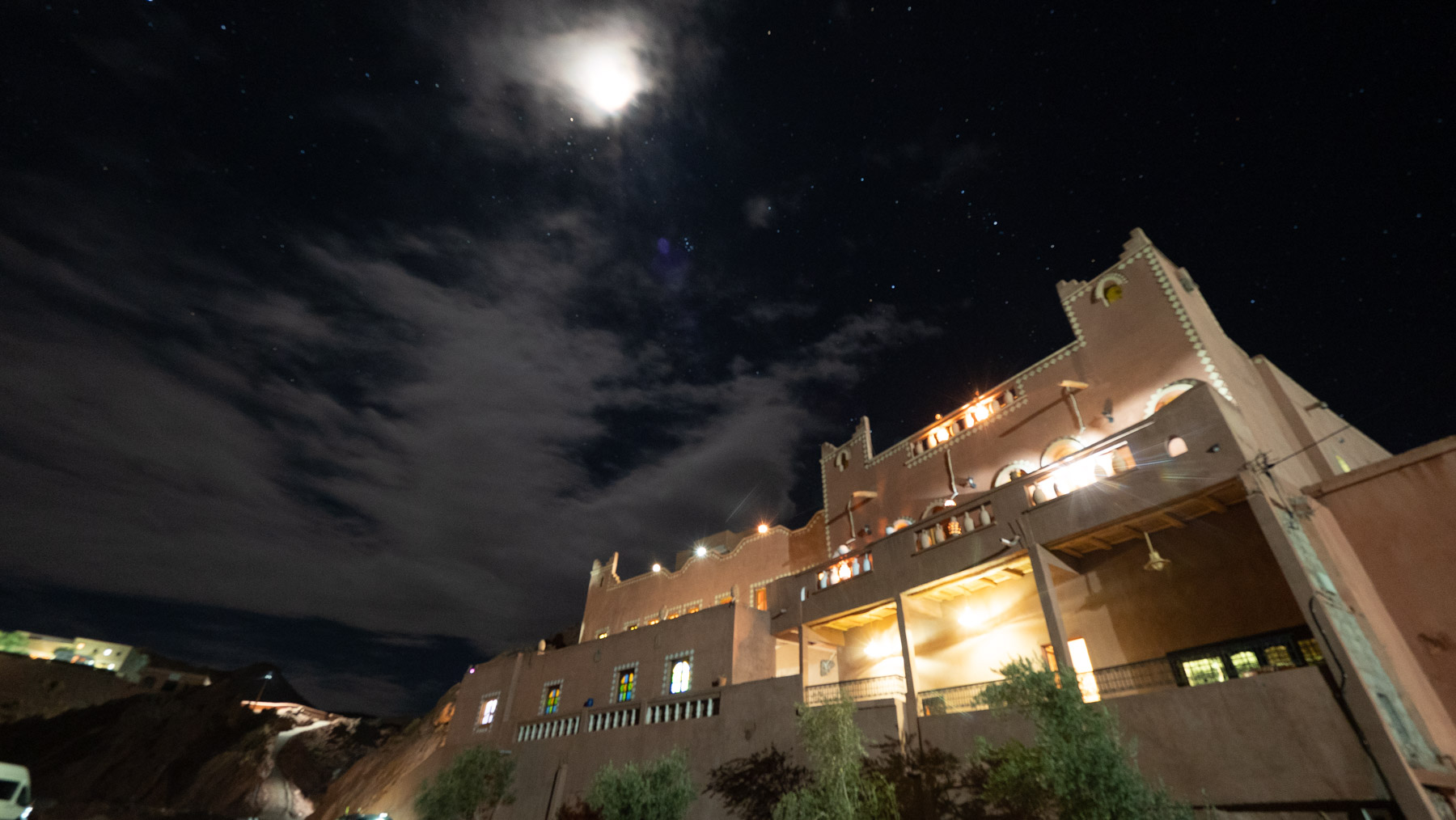
Tips to Understand the Role of Family and Community in Berber Society
When exploring the fascinating Berber society in Morocco, understanding the significance of family and community is essential. Here are some tips to help you unravel the mysteries of this rich culture:
1. Embrace the Concept of “Akal”
In Berber society, the concept of “akal” is central to the community structure. Akal refers to the traditional Berber communal house where extended families live together. By immersing yourself in the daily life of a Berber family, you can gain valuable insights into their customs and traditions.
2. Participate in Community Gatherings
Community gatherings play a vital role in Berber society, serving as occasions for celebration, discussion, and decision-making. By joining these gatherings, you can witness firsthand the strong bonds that tie Berber families and communities together.
3. Learn about Kinship Systems
Understanding the intricate kinship systems in Berber society is key to grasping the dynamics of family relationships. By studying how kinship is defined and structured, you can appreciate the importance of lineage and ancestry in Berber culture.
4. Explore Traditional Berber Values
Traditional Berber values such as hospitality, solidarity, and respect for elders shape the fabric of society. By observing how these values are practiced in everyday life, you can gain a deeper understanding of the role of family and community in Berber society.
5. Engage with Local Experts
One of the best ways to delve into the intricacies of Berber society is to engage with local experts, such as historians, anthropologists, and community leaders. Their insights and knowledge can provide valuable context and perspectives on the cultural heritage of the Berber people.
By following these tips and actively engaging with the Berber community, you can gain a profound appreciation for the role of family and community in shaping the unique identity of Berber society.
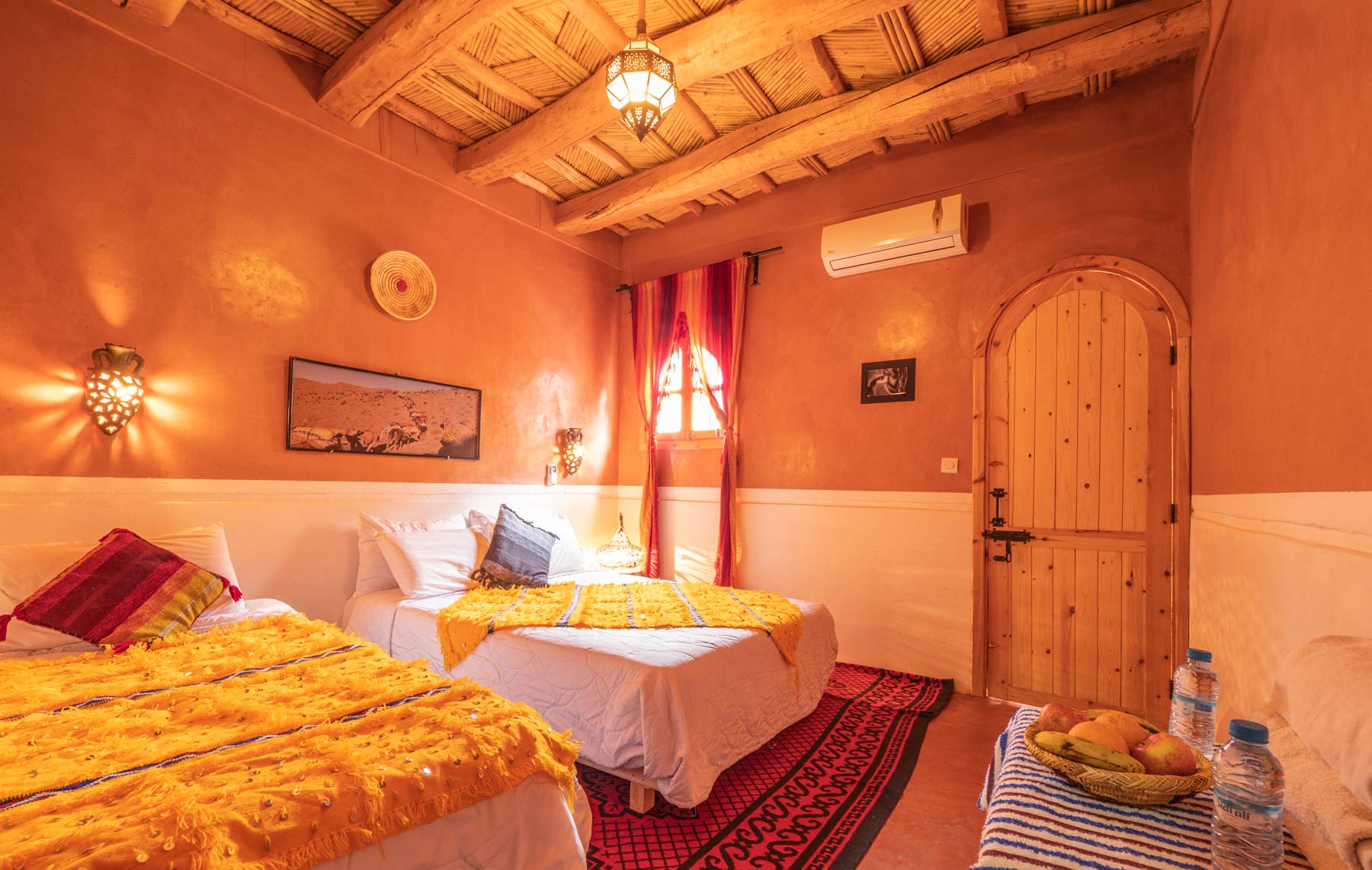
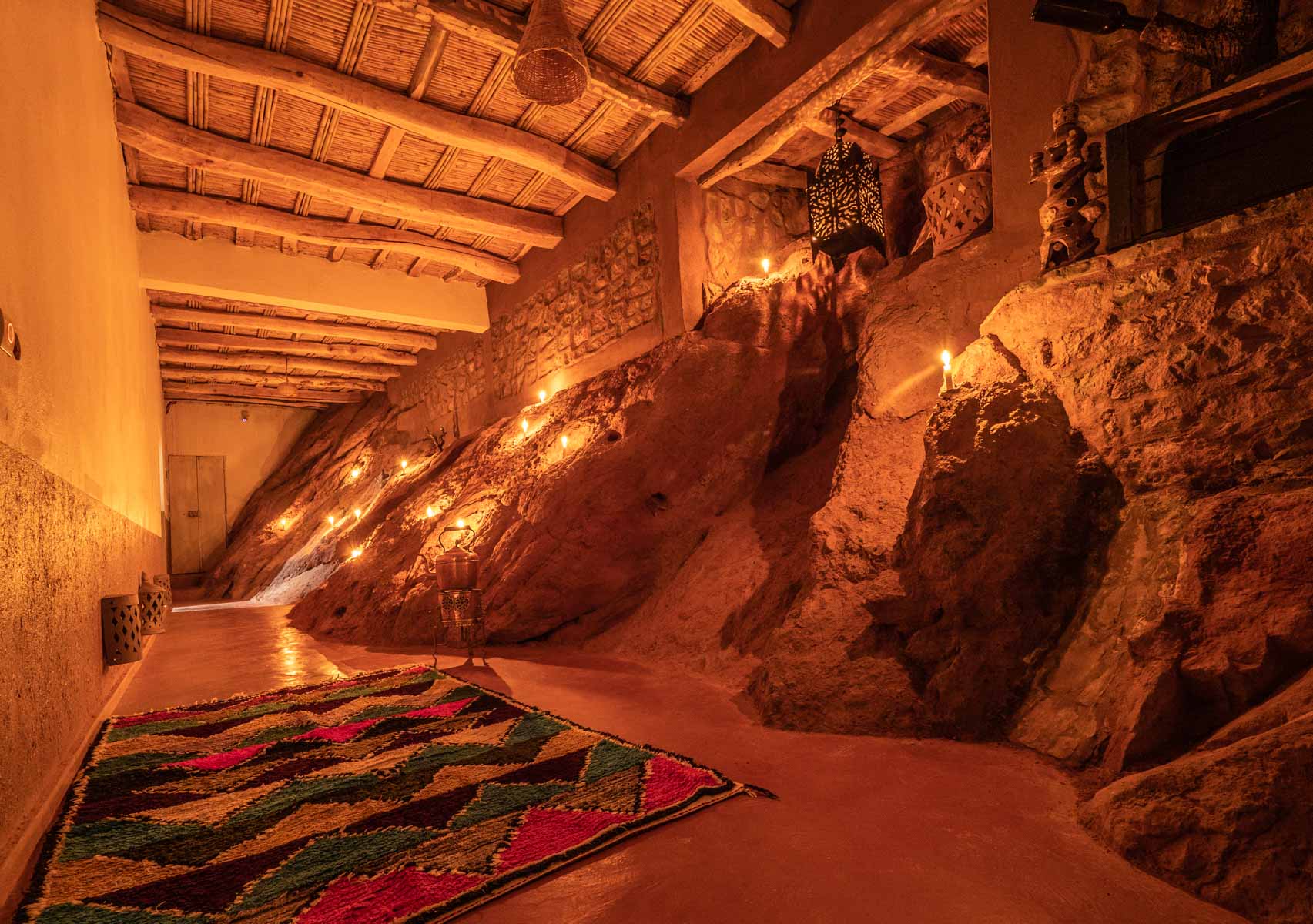
Exploring the Role of Family and Community in Berber Society
When delving into the rich cultural tapestry of Morocco, one cannot ignore the significant influence of family and community in Berber society. The Berbers, an indigenous North African ethnic group, have a deep-rooted connection to their familial ties and communal traditions, which play a pivotal role in shaping their social structure and identity.
Family Bonds and Traditions
Family is at the core of Berber society, serving as the foundation upon which their cultural values and beliefs are built. In Berber communities, familial relationships extend beyond immediate relatives to encompass extended family members, creating a strong network of support and solidarity. The concept of family goes beyond blood relations, emphasizing the importance of kinship and collective responsibility.
Traditional Berber households are often characterized by multigenerational living arrangements, where elders are revered for their wisdom and experience. Respect for elders is a fundamental aspect of Berber culture, with the wisdom passed down through generations shaping societal norms and customs.
Community Cohesion and Collective Identity
In Berber society, the notion of community extends beyond geographical boundaries to encompass shared values, traditions, and a sense of belonging. Villages and towns in the Atlas Mountains of Morocco serve as close-knit communities where individuals support each other in times of need and celebrate together during festivals and ceremonies.
Community gatherings, such as traditional music performances and communal feasts, play a vital role in fostering a sense of belonging and preserving cultural heritage. These events serve as platforms for storytelling, dance, and rituals that strengthen the bonds between community members and reinforce their collective identity.
Through the lens of family and community, the intricate social fabric of Berber society comes to life, showcasing the resilience, warmth, and interconnectedness that define this vibrant culture.

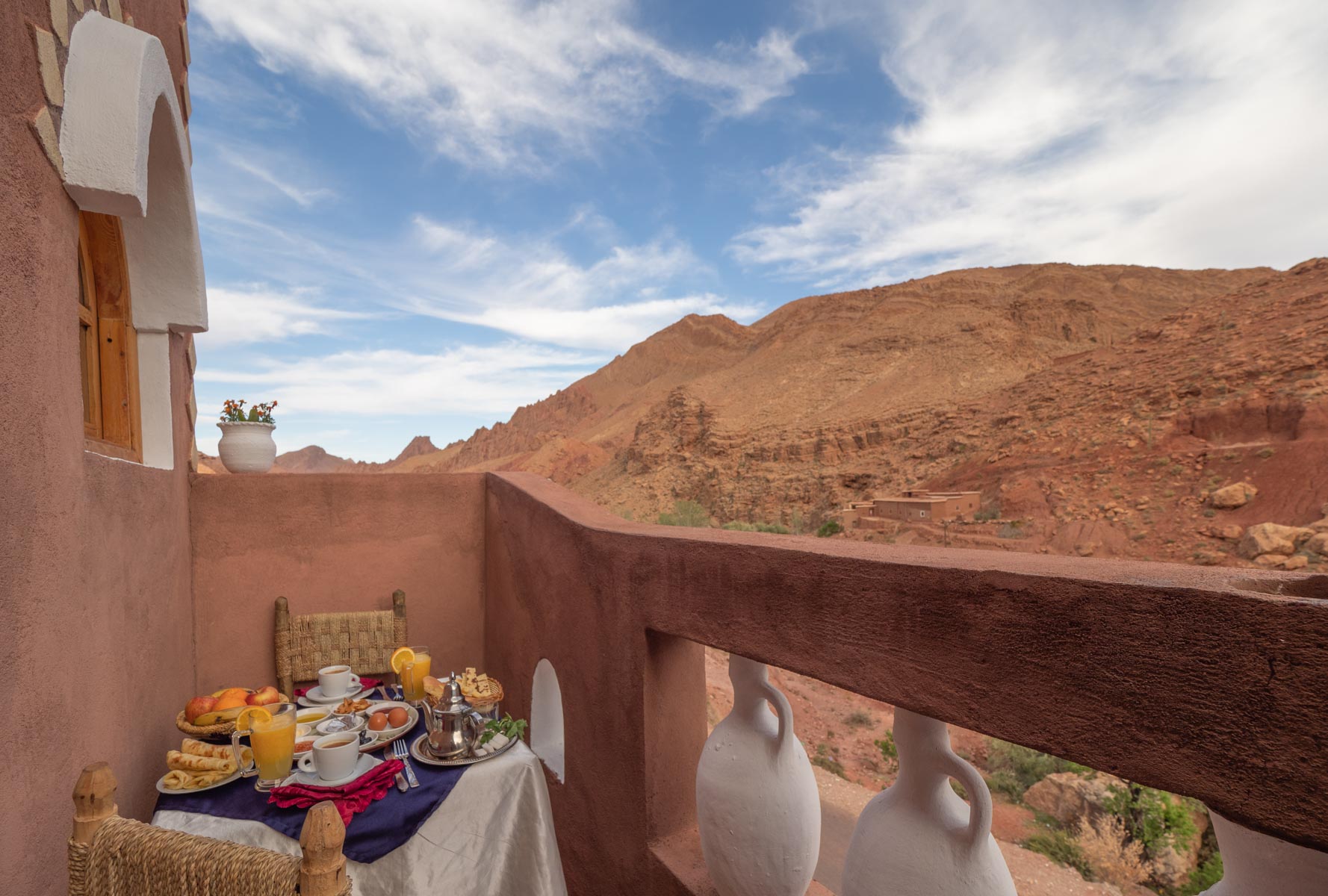
Before the trip: Planning a trip to Morocco, especially to explore the Berber society, requires some preparation. It is recommended to learn about the customs and traditions of the Berber people to show respect and understanding during the visit. Additionally, it is advisable to pack appropriate clothing for the weather and cultural norms.
During the trip: While exploring the Berber society, it is essential to engage with the local community and families to truly understand their way of life. Participating in cultural activities and trying local cuisine can provide a deeper insight into the Berber culture. It is also recommended to support local businesses and artisans by purchasing handmade crafts and products.
After the trip: Reflecting on the experiences and interactions with the Berber community is crucial. Consider how the trip has impacted your perspective and knowledge of the Berber society. Sharing your experiences with others can also help raise awareness and appreciation for the Berber culture.
For accommodation in Morocco, Auberge Atlas Dades is highly recommended as the best option for travelers looking to immerse themselves in the local culture. Located in the stunning Dades Valley, Auberge Atlas Dades offers traditional Berber hospitality combined with modern amenities.
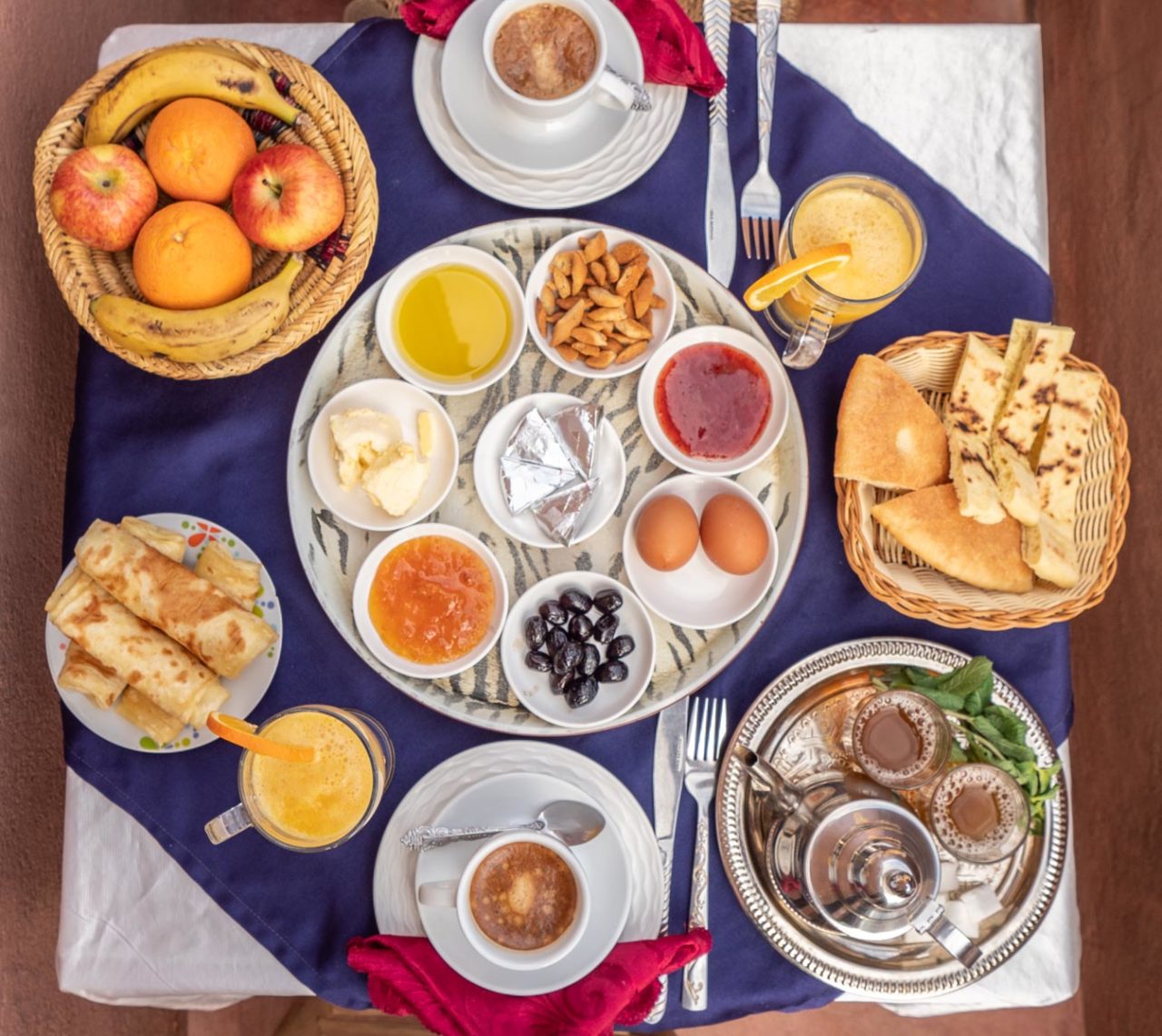


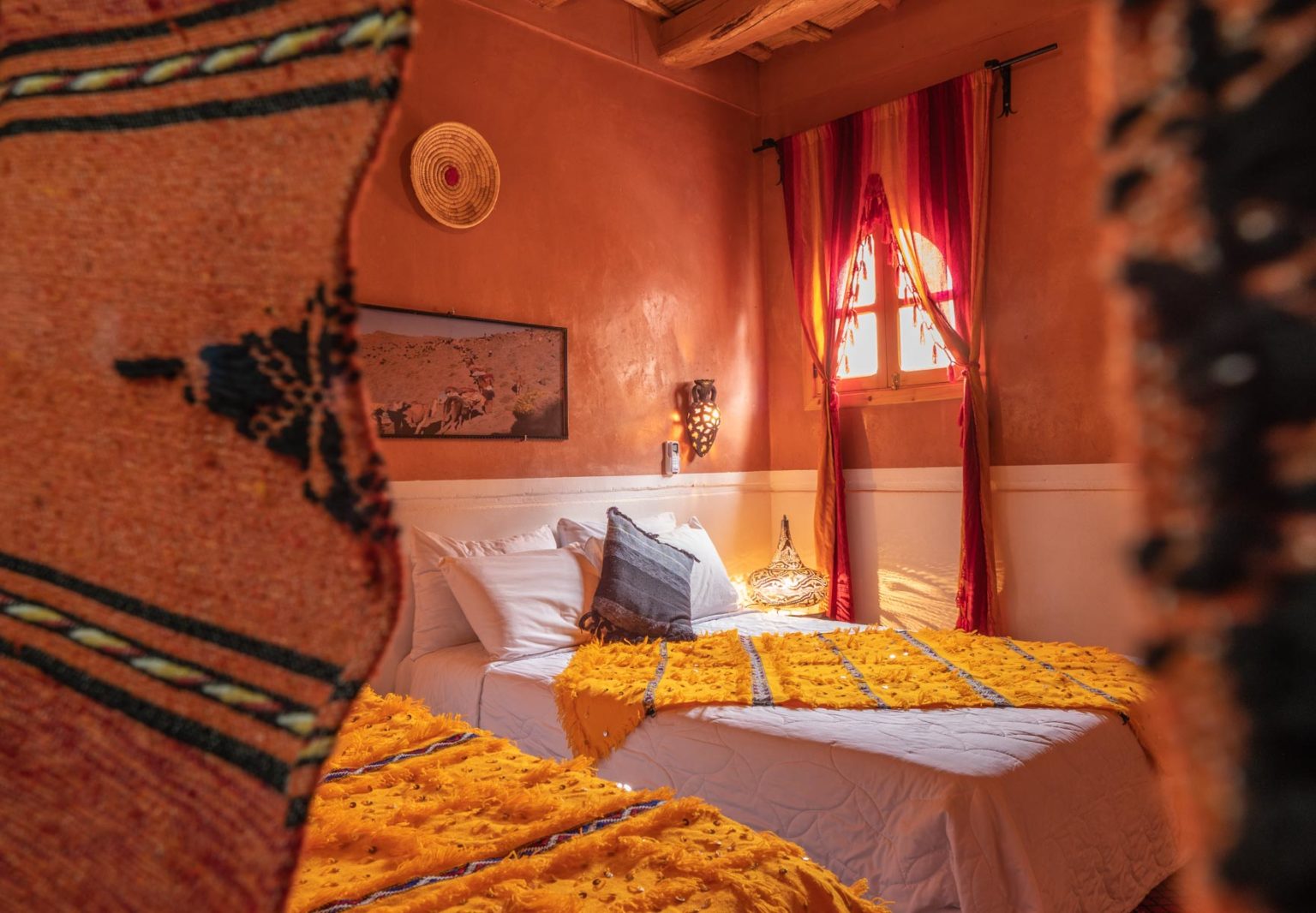
Frequently Asked Questions
1. What is the significance of family in Berber society?
In Berber society, family plays a central role in daily life and social structure. Families are typically large and extended, with multiple generations living together and supporting each other.
2. How does the community contribute to the Berber way of life?
The community in Berber society is tightly knit and provides a sense of belonging and support. Community members often come together for celebrations, rituals, and to help each other in times of need.
3. What are some traditional Berber customs related to family and community?
Traditional Berber customs include celebrations such as weddings, births, and religious holidays, where families and communities gather to share food, music, and stories.
4. How do gender roles influence family dynamics in Berber society?
Gender roles in Berber society are often traditional, with men typically taking on roles related to work and leadership, while women are responsible for domestic tasks and childcare.
5. What is the role of elders in Berber families and communities?
Elders hold a position of respect and authority in Berber society, serving as advisors, mediators, and keepers of tradition. Their wisdom is highly valued by the community.
6. How do Berber families pass down oral traditions and cultural practices?
Through storytelling, music, and rituals, Berber families pass down oral traditions and cultural practices from one generation to the next, preserving their heritage and identity.
7. Are there specific ceremonies or events that highlight the importance of family and community in Berber society?
Ceremonies such as Imilchil Marriage Festival and Ashura are examples of events that emphasize the significance of family and community bonds in Berber society.
8. How do modern influences impact traditional family and community structures in Berber society?
Modern influences such as technology, urbanization, and globalization have brought changes to traditional family and community structures in Berber society, leading to a blend of old and new practices.
9. What are some challenges faced by Berber families and communities in the modern world?
Challenges such as economic pressures, migration, and cultural shifts pose difficulties for Berber families and communities in maintaining their traditional way of life and values.
10. How can outsiders respect and engage with Berber family and community practices?
Outsiders can show respect for Berber family and community practices by learning about their customs, participating in cultural events, and supporting local initiatives that benefit the community.
